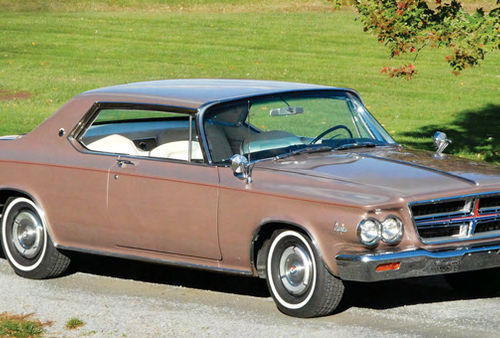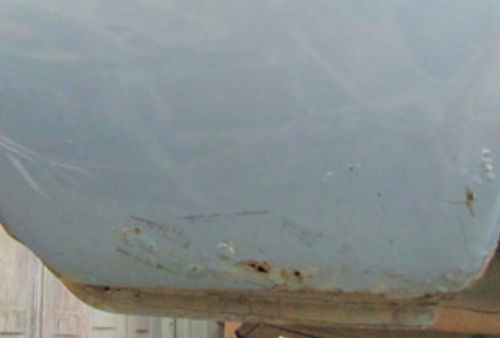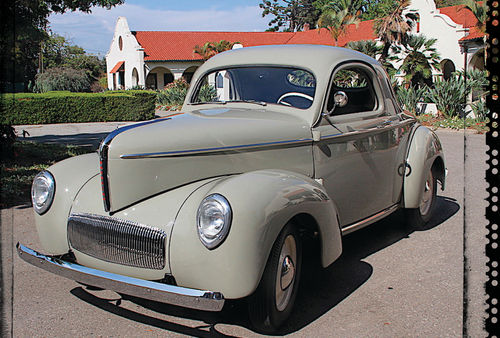Identifying your engine’s knock
Question:
I am working on a 1977 Ford Ranchero that had been sitting idle for four years. I cleaned the gas tank and gas lines to the carburetor, changed the oil and filter, had a guy that builds engines remove the distributor and spin the oil pump until pressure built up, and then I started the engine. It ran well and uses no oil. The engine is a remanufactured 400 cid with only 19,000 miles.
However, after the engine warms up and I am driving at 40 mph and above, it starts knocking. I thought that maybe the lifters were sticking so I tried several things, but that wasn’t it. I took the truck to a mechanic, and he thought it might be a loose wrist pin or cracked piston on the left rear. I then took the truck to a transmission shop. They pulled the transmission, and the pump was good and the flywheel was tight and didn’t have any cracks.
The knocking only occurs when the temperature is up and the truck is cruising at 40 mph and above. When I’m accelerating or when I take my foot off the gas the knocking goes away. What could the problem be?
Answer:
A main bearing knock is usually loudest when accelerating, a rod bearing knock is usually loudest when the truck is moving at least 30 mph and the throttle is closed. A piston pin knock occurs with greater frequency than a bearing knock because it normally occurs every time the piston changes direction, so it, in effect, sounds like a “double knock.”
Based on your odd circumstances of the knock being evident only during cruising and then disappearing during acceleration and deceleration, I would hazard a guess that the noise is more likely due to a piston problem than a bearing problem. Assuming you can induce the noise by revving the engine while the truck is standing still, have you tried isolating it with a stethoscope? Once you narrow down which cylinder the noise is coming from, you can perform further diagnostics to what the actual cause is likely to be.
For example, a main bearing knock will normally diminish or disappear altogether if you short spark plugs to the adjacent cylinders. Similarly, a rod knock will usually lessen or go away if the plug for the offending cylinder is shorted. Conversely, a piston pin knock will most often worsen when the plug to the cylinder with the bad pin is shorted.















